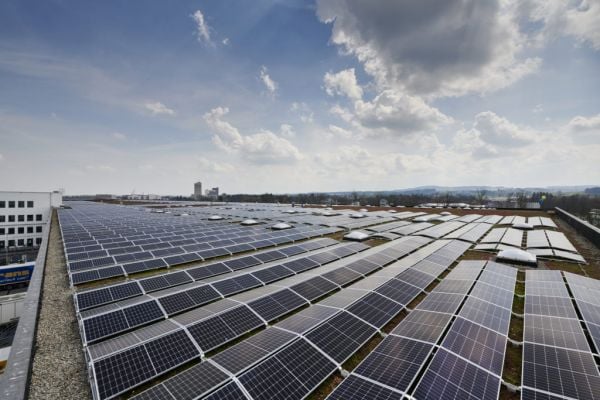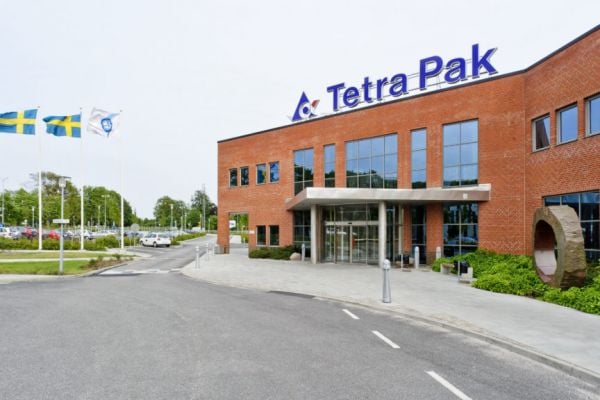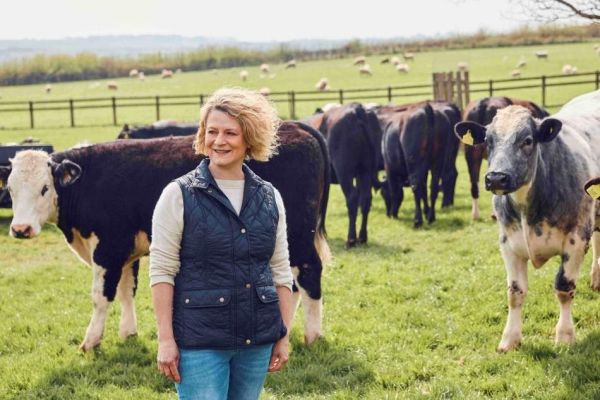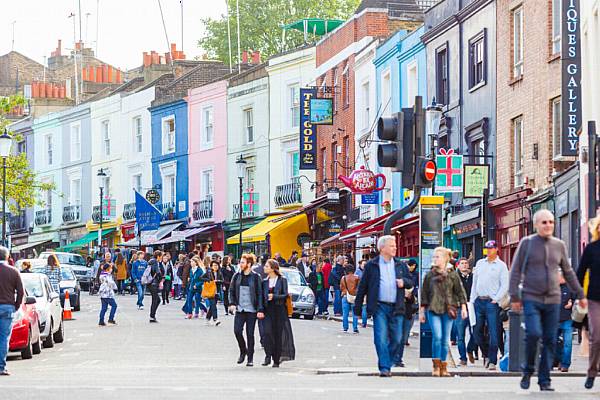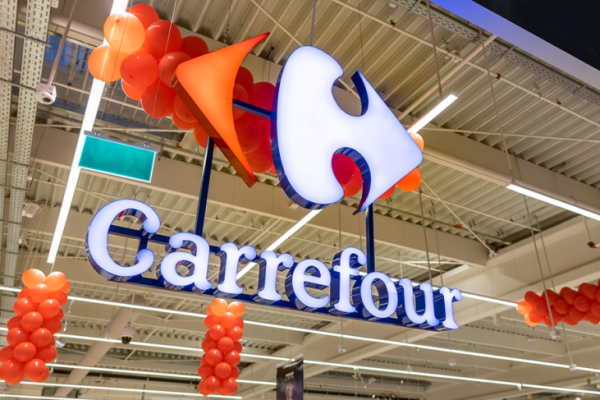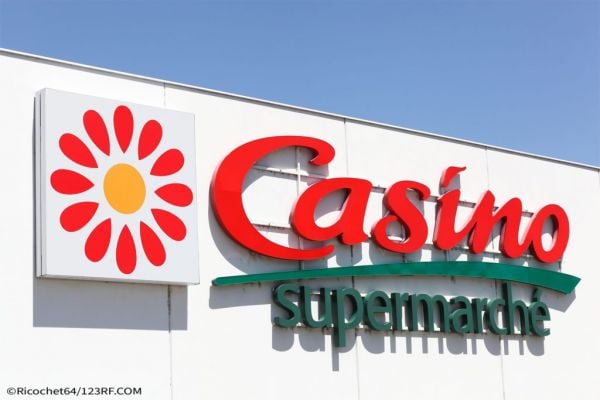Lidl Switzerland has announced that it has reduced its carbon footprint by a further 11% and has been certified as Swiss Climate Label CO2 NEUTRAL for the sixth time.
The company has implemented a CO2 management system that records its CO2 footprint every year, derives and implements measures to reduce it, and compensates for the remaining greenhouse gas emissions.
Since 2019, it has also recorded its entire CO2 footprint, including emissions from its product range.
Lidl Switzerland has been CO2 neutral in its operations since 2016 and has been certified annually with the Swiss Climate Label CO2 NEUTRAL.
The company has also achieved the ninth position in 'The climate-conscious companies in Switzerland 2021' rankings by Bilanz, Le Temps and the statistics institute, Statista.
Emission Reduction Measures
Lidl Switzerland is systematically replacing synthetic refrigerants with a high greenhouse gas potential with natural, climate-friendly refrigerants.
The reduction of synthetic refrigerants for cooling products is one factor that contributed to reducing emissions by 11%.
In addition, Lidl Switzerland recorded fewer trips with company vehicles.
All branches and goods distribution centres of Lidl Switzerland are certified according to the ISO 50001 energy efficiency standard, the retailer noted.
Read More: Lidl Switzerland Sees 47% Sales Growth From Organic Products
The Schwarz Group joined the Science Based Targets Initiative in August 2020 and has pledged to reduce Lidl's operational emissions by 80% by 2030 compared to 2019.
As part of its climate strategy, Lidl has adopted the approach of first avoiding emissions, then reducing and compensating them.
Lidl Switzerland has also defined specific goals and measures based on existing carbon footprints with which CO2 emissions in operations and the supply chain are to be continuously reduced.
